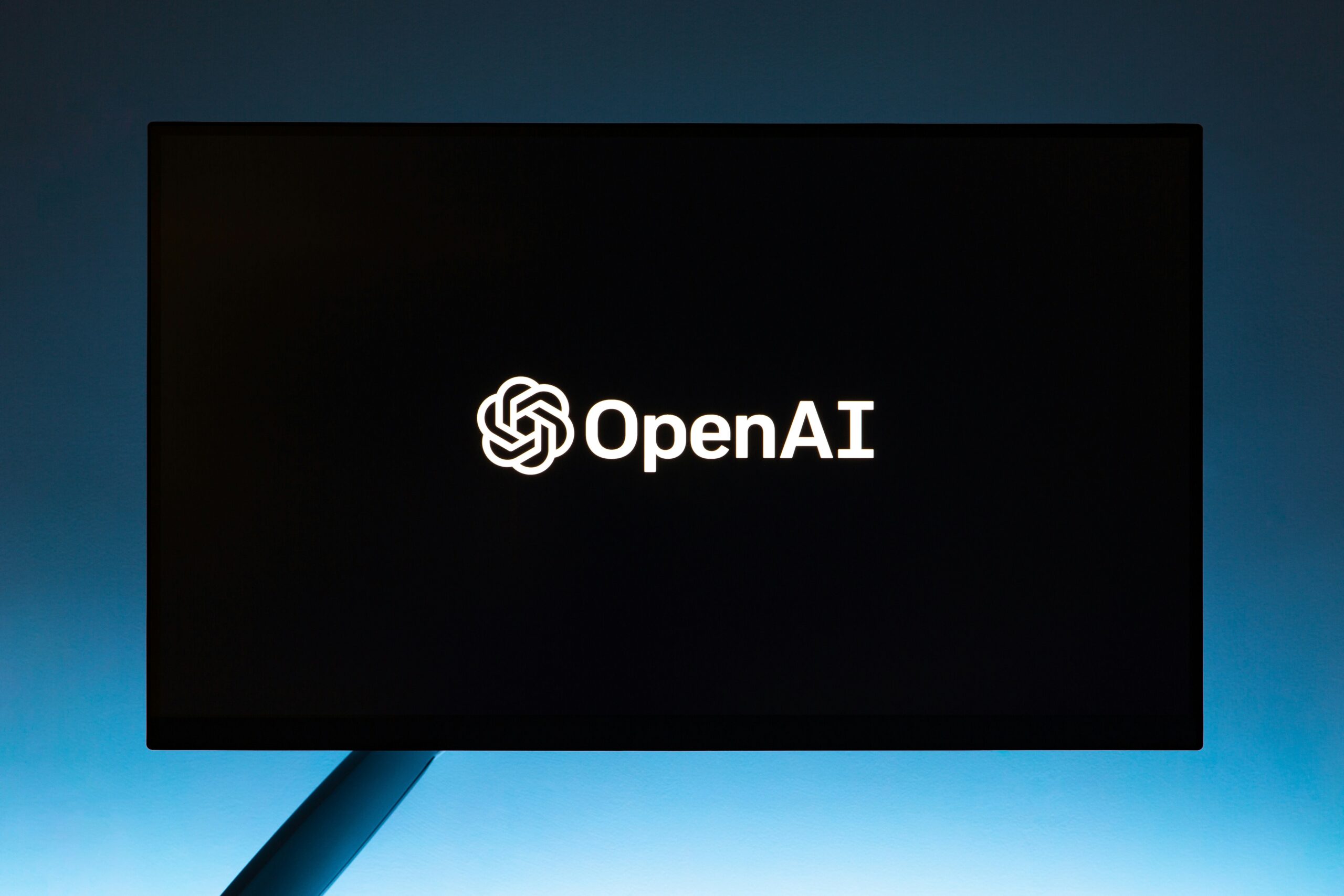While many companies focus on building physical robots and hardware that helps them move, grip, and interact with the world, Silicon Valley-based OpenMind is taking a different route, one that goes deep under the hood.
Founded in 2024 by Stanford professor Jan Liphardt, OpenMind is developing a robot operating system called OM1, a software layer designed for humanoid robots. Think of it as the Android of robotics, open-source and hardware-agnostic, capable of working across various robot types and manufacturers.
Liphardt believes traditional robots were built for repetitive, industrial tasks. But as humanoids evolve to handle real-world, home-based interactions, they need smarter, more intuitive software, an OS that understands how humans think and communicate.
“We’re entering a new era where machines are starting to interact with people in ways I’ve never seen before,” said Liphardt. “We’re building a system that enables collaboration between humans and machines, not just machines doing tasks.”
On Monday, OpenMind launched FABRIC, a new protocol that enables robots to verify identity, exchange information, and share context with each other. This protocol could pave the way for robots to learn and adapt faster by communicating and teaching one another, similar to how humans build trust, share knowledge, and coordinate actions.
For example, a robot that learns a new language could instantly share that data with other robots, eliminating the need for individual human training.
“Machines are different from humans in that they can learn instantly,” Liphardt said. “And now, with protocols like FABRIC, they can teach each other just as fast.”
Related: Apple Reportedly Building Its Own AI-Powered ‘Answer Engine
OpenMind plans to ship its first fleet of 10 OM1-powered robotic dogs by September. Liphardt sees early user feedback as a key step in improving the technology, even if that means a wave of critiques from the first round of testers.
“We fully expect people to come back with long lists of improvements and we’re ready to iterate quickly,” he added.
To fuel this vision, OpenMind recently raised $20 million in funding led by Pantera Capital, with participation from Ribbit, Coinbase Ventures, Pebblebed, and other strategic backers.
Now, the focus is getting robots into homes and learning from real-world use cases.
“Our mission is to run as many tests as possible to find the most valuable, real-world applications where today’s robotic capabilities align with actual human needs,” Liphardt said.







